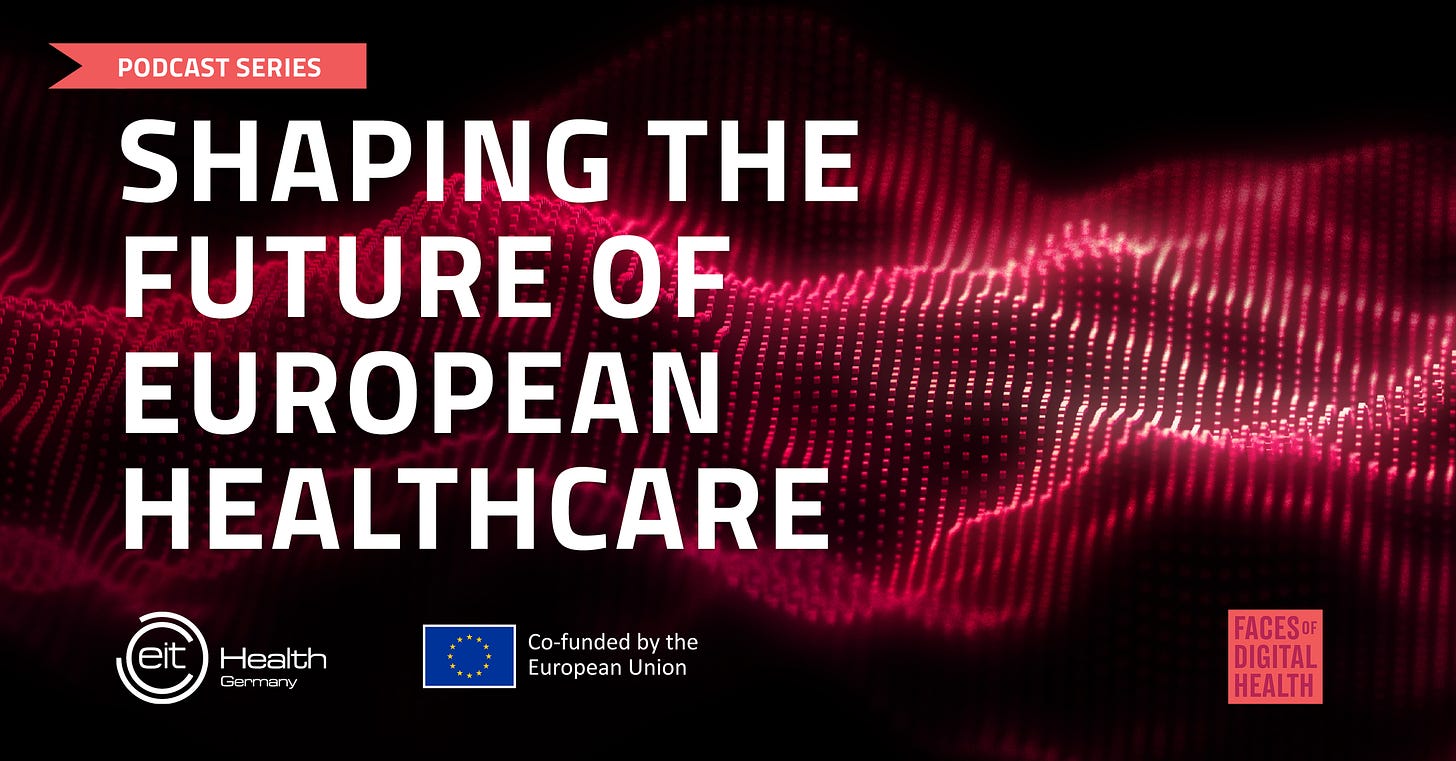Africa has strong primary care
But when it comes to medical devices, lack of regulation and buying power opens the door for second-rate equipment.
Africa is a diverse continent with 54 countries. Yet through the eyes of the West it is often perceived as a homogenous entity: an under developed market with lots of potential for startups to offer their solutions to customers faster, since the industry is less regulated.
However, the market can very quickly turn out to be financially unappealing due to the low buying power of patients and healthcare institutions. Due to lack of manufacturing capability, the local medical device market is not developed, and most devices get imported, mentioned South African regulatory consultant and entrepreneur Herve Mwaba in the episode about medical device regulation in Africa and more broadly. He also discussed stereotypes about Africa, his observations about the consequences and problems related to the European Medical Device Regulation, and observation regarding innovation in Africa.
Kenya, Rwanda, Ghana: How is Medtronic Labs Redefining Chronic Disease Management
Among the foreign organisations working in Africa to help improve its healthcare needs is Medtronic Labs. Medtronic labs is a nonprofit organization that works with governments and local communities in across Africa to create local ecosystems for the management of hypertension and diabetes. “One of the key learnings for us is that there is a really robust community health infrastructure that exists in African countries. There's a history of the community health workers and community health volunteers that are really the underpinning of the health system in these countries,” says Anne Stake, Chief Strategy and Product Officer at Medtronic Labs.
While a lot of programs and funding of healthcare in Africa is dedicated to HIV, tuberculosis, and malaria, a systemic approach to care for non-communicable diseases like hypertension and diabetes is Africa is in its early stages. The biggest barrier to chronic disease management is often the cost of medications, Stakes observes. Tune in to learn more.
Additional episodes about Africa from the past:
Spreading health information in Tanzania (Mariatheresa Samson Kadushi)
Mobile Afya, which means mobile health in English, is a USSD application using internet-free mobile technology to provide basic health information in local and native languages, starting with Swahili in Tanzania (East Africa). As illustrated by Mariatheresa, communicable diseases like cholera are easy to prevent but still have high mortality because of a lack of information and late diagnosis.
Telemedicine can’t save healthcare in Nigeria (Ocoche Ubenyi)
As of 2016, Nigeria was Africa’s largest economy and most populous nation. By 2050, Nigeria is expected to be one of the ten largest economies in the world. Ocoche Ubenyi believes telemedicine can have a very limited effect in Nigeria for two reasons: to a large extent, people often suffer from diseases and injuries requiring in-person medical health. Secondly, people want to have personal contact with doctors. This is why the government is mostly investing in interventions focused on outbreaks of diseases. An additional problem preventing faster improvement is corruption. Transparency enabled by blockchain technology is what drives many entrepreneurs to develop solutions in fin-tech and healthcare.
Bringing Babylon to Rwanda (Patrick Singa Muhoza)
In 2016, the UK-based company Babylon Health, radically transforming access to primary care in the NHS in the UK, opened a subsidiary in Rwanda. The Rwandan version of Babylon is called Babyl, and attracted over 2 million people by 2019.
Doctor’s appointments made easy in South Africa (Sheraan Amod)
South Africa is a restless country with race and ethnicity still causing a lot of tension in society. On the healthcare side, there are only 0.9 doctors per 1000 people in the country. Out of 59 million people, 9 million people use private healthcare; the rest seek help in the public system. South Africa has a plan to introduce National Health Insurance by 2026. 84% of the nation’s 58.8 million people have no medical insurance and rely on a public health system with too few doctors and dilapidated facilities, resulting in delayed or inadequate treatment.
Healthcare Innovation In The DACH Region
EIT Health Germany is one of eight Knowledge and Innovation Communities (KICs) currently funded by the European Institute of Innovation and Technology (EIT). In a series of discussions on Faces of digital health podcast, you can learn more about the EIT Health Germany programs and innovators in the DACH region. All of the discussions are accessible on a dedicated page.





